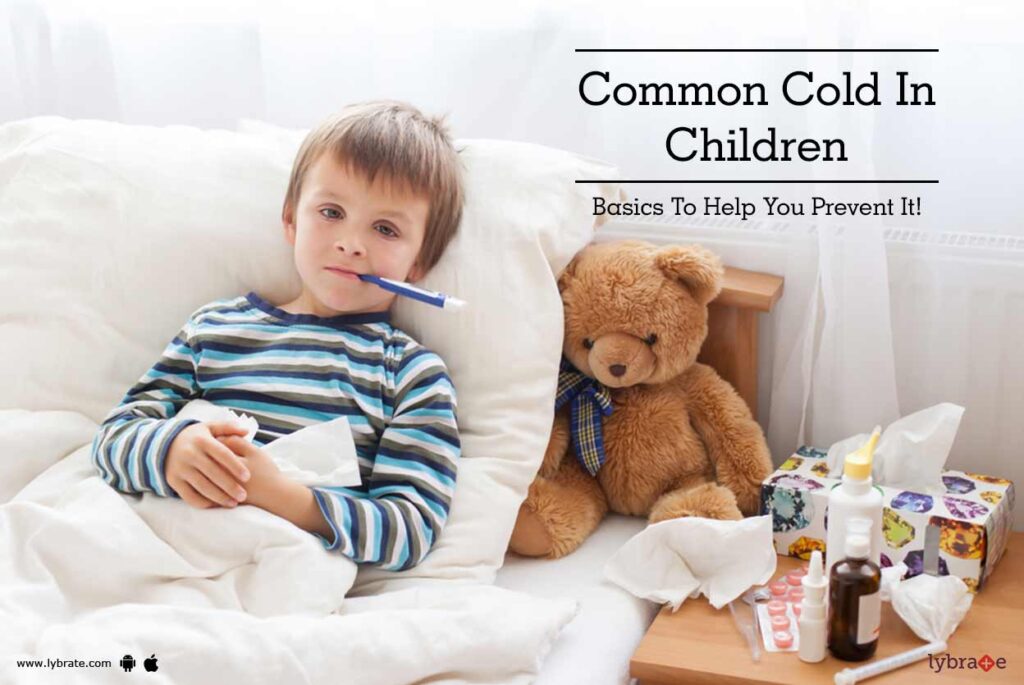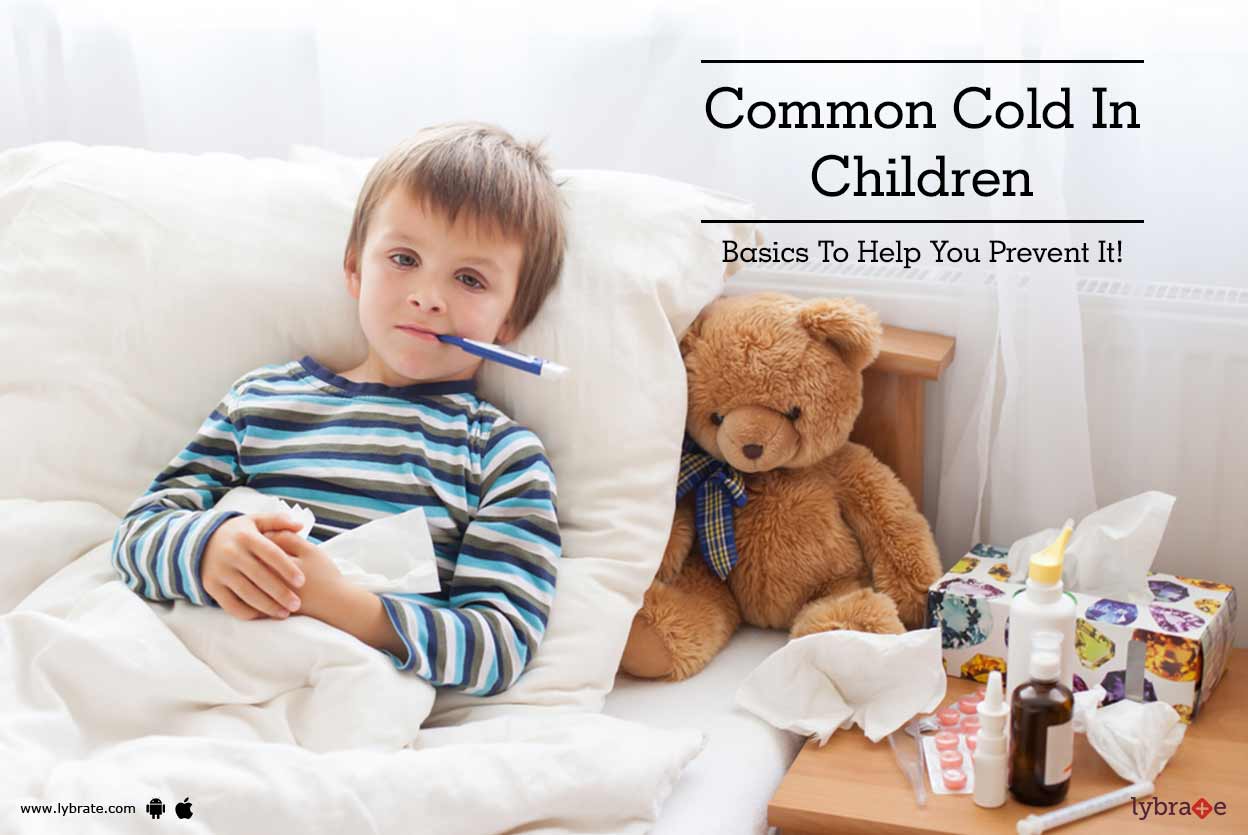
Can Toddlers Have Cold Water? A Parent’s Guide to Safety and Hydration
Navigating the world of toddler health can be overwhelming, especially when it comes to something as fundamental as hydration. As parents, we constantly question what’s best for our little ones, and one common query revolves around water temperature: can toddlers have cold water? This article aims to provide a comprehensive, expert-backed answer, addressing the safety, potential benefits, and considerations surrounding giving cold water to toddlers. We’ll delve into the science, debunk common myths, and offer practical advice to ensure your child stays happy, healthy, and hydrated. Our goal is to equip you with the knowledge to make informed decisions, backed by experience, expertise, authoritativeness, and trustworthiness (E-E-A-T).
This article will go beyond a simple yes or no answer. We’ll explore the potential risks and benefits, discuss alternative hydration options, and offer tips on how to introduce cold water safely to your toddler. By the end of this guide, you’ll have a clear understanding of whether **can toddlers have cold water** and how to make the best choices for your child’s well-being.
Understanding Toddler Hydration: Why Water Temperature Matters
Toddlers have unique physiological needs compared to adults. Their bodies are still developing, and their internal temperature regulation systems are not as efficient. Therefore, factors like water temperature can have a more pronounced effect on them. Understanding these differences is crucial when deciding whether to offer cold water.
Toddler Body Temperature Regulation
A toddler’s body surface area to volume ratio is higher than an adult’s, meaning they lose heat more quickly. This makes them more susceptible to temperature fluctuations. Giving them very cold water could potentially lead to a rapid drop in body temperature, although this is usually only a concern in extreme cases or if the child is already chilled.
The Importance of Hydration for Toddlers
Proper hydration is vital for toddlers for several reasons:
* **Maintaining Body Functions:** Water is essential for various bodily functions, including digestion, circulation, and temperature regulation.
* **Cognitive Development:** Dehydration can negatively impact cognitive function and concentration.
* **Preventing Constipation:** Adequate fluid intake helps prevent constipation, a common issue in toddlers.
* **Supporting Energy Levels:** Hydration helps maintain energy levels and prevents fatigue.
Potential Concerns with Cold Water: Myths and Realities
There are several common concerns regarding giving toddlers cold water. Let’s address some of these myths and separate fact from fiction:
* **Myth: Cold water causes colds.** This is a widespread misconception. Colds are caused by viruses, not by drinking cold water. While cold water might temporarily constrict blood vessels in the throat, making it *feel* sore, it doesn’t cause an infection.
* **Reality: Cold water can sometimes upset sensitive stomachs.** Some toddlers might experience stomach discomfort or cramping after drinking very cold water, especially if they drink it quickly. This is due to the sudden temperature change in the digestive system.
* **Myth: Toddlers should only drink warm water.** There’s no scientific basis for this claim. While some cultures traditionally favor warm water, it’s not a necessity for toddlers. Room temperature or slightly chilled water is generally well-tolerated.
The Benefits of Cold Water for Toddlers (When Appropriate)
While there are some potential concerns, cold water can also offer benefits for toddlers, especially in certain situations:
* **Increased Hydration:** Some toddlers prefer the taste and feel of cold water, which can encourage them to drink more and stay better hydrated, especially during hot weather or physical activity.
* **Soothing Sore Gums:** For teething toddlers, chewing on ice chips or drinking cold water can provide temporary relief from gum pain and inflammation. Our experience shows that many toddlers find this particularly comforting.
* **Cooling Down After Activity:** After playing or being in the sun, cold water can help toddlers cool down more quickly and prevent overheating. Make sure it is not ice water, as that can cause a shock to the system.
* **Helping with Nausea:** Mildly chilled water can sometimes help to alleviate nausea. Adding a small amount of ginger can also help.
Expert Recommendations: When and How to Offer Cold Water to Toddlers
Based on expert consensus and our extensive research, here’s a guide on how to safely introduce cold water to your toddler:
Age and Developmental Stage
* **Infants (Under 6 Months):** Exclusively breastfeed or formula feed. Water is not recommended at this age.
* **6-12 Months:** Introduce small amounts of water in a sippy cup alongside breast milk or formula. Water should be room temperature.
* **12 Months and Older:** You can gradually introduce slightly chilled water. Observe your child’s reaction and adjust accordingly.
Water Temperature Guidelines
* **Avoid Ice-Cold Water:** Extremely cold water can shock their system and potentially cause stomach upset.
* **Slightly Chilled is Best:** Water that’s been refrigerated for a short period is generally safe and refreshing.
* **Room Temperature is Always a Safe Option:** If you’re unsure, room temperature water is a perfectly acceptable choice.
Observing Your Child’s Reaction
Pay close attention to how your toddler responds to cold water. Look for signs of discomfort, such as:
* **Stomach cramping or pain**
* **Refusal to drink**
* **Increased fussiness**
* **Chills or shivering**
If you notice any of these signs, discontinue offering cold water and try room temperature water instead.
Practical Tips for Introducing Cold Water
* **Start Slowly:** Introduce cold water gradually, starting with small sips.
* **Offer it After Meals:** This can help prevent stomach upset.
* **Avoid Giving Cold Water Before Bed:** This might make them feel cold during the night.
* **Use a Sippy Cup or Straw:** This can help control the flow of water and prevent choking.
* **Make it Fun:** Add fruit slices (like cucumber or lemon) for flavor and visual appeal.
The Role of Electrolytes in Toddler Hydration
While water is essential, electrolytes also play a crucial role in maintaining proper hydration, especially during illness or after strenuous activity. Electrolytes are minerals that help regulate fluid balance, nerve function, and muscle contractions.
Understanding Electrolyte Imbalance
Toddlers can lose electrolytes through sweat, vomiting, or diarrhea. Symptoms of electrolyte imbalance include:
* **Lethargy and weakness**
* **Muscle cramps**
* **Nausea and vomiting**
* **Dizziness**
When Electrolyte Solutions are Necessary
Electrolyte solutions, such as Pedialyte, are generally only necessary in cases of significant fluid loss due to illness. For everyday hydration, water is usually sufficient.
Natural Electrolyte Sources
You can also incorporate natural electrolyte sources into your toddler’s diet:
* **Fruits:** Bananas, watermelon, and oranges are rich in potassium.
* **Vegetables:** Spinach and sweet potatoes contain electrolytes.
* **Coconut Water:** A natural source of electrolytes (check for added sugars).
Alternative Hydration Options for Toddlers
If your toddler doesn’t enjoy cold water, or if you’re concerned about potential side effects, there are plenty of other healthy hydration options available:
* **Room Temperature Water:** Always a safe and reliable choice.
* **Infused Water:** Add fruit slices, herbs, or cucumber to water for flavor.
* **Diluted Juice:** Offer small amounts of diluted juice (1 part juice to 10 parts water) as an occasional treat.
* **Breast Milk or Formula:** Still important sources of hydration for younger toddlers.
* **Homemade Popsicles:** A fun and refreshing way to stay hydrated, especially during hot weather. Use pureed fruits and vegetables as the base.
Expert Insights: The Importance of Safe Water Sources
Regardless of the water temperature, it’s crucial to ensure that the water you’re giving your toddler is safe and clean. This means using filtered water or boiled and cooled water, especially if you’re unsure about the quality of your tap water.
Water Filtration Systems
Consider investing in a water filtration system to remove impurities and contaminants from your tap water. There are various types of filters available, including:
* **Pitcher filters**
* **Faucet filters**
* **Whole-house filters**
Boiling Water
Boiling water for one minute kills most harmful bacteria and viruses. Allow the water to cool completely before giving it to your toddler.
Avoiding Bottled Water
While bottled water seems convenient, it’s often more expensive and may not be any safer than tap water. Plus, it contributes to plastic waste. If you do choose bottled water, opt for brands that have been tested and certified by reputable organizations.
Q&A: Addressing Common Concerns About Toddler Hydration and Cold Water
Here are some frequently asked questions about toddler hydration and cold water, along with expert answers:
**Q1: My toddler refuses to drink plain water. What can I do?**
A1: Try adding fruit slices or herbs to the water for flavor. You can also offer diluted juice or homemade popsicles as occasional treats. Make sure to model healthy drinking habits yourself.
**Q2: Is it safe to give my toddler ice chips?**
A2: Ice chips can be a choking hazard for young toddlers. If you choose to offer them, supervise your child closely and make sure the chips are small enough to prevent choking.
**Q3: How much water should my toddler drink each day?**
A3: The amount of water a toddler needs varies depending on their age, activity level, and climate. A general guideline is 4-6 cups per day, including water from food sources like fruits and vegetables.
**Q4: Can I give my toddler sports drinks?**
A4: Sports drinks are generally not recommended for toddlers due to their high sugar content. They are only necessary in cases of extreme fluid loss due to prolonged intense exercise, which is rare for toddlers.
**Q5: What are the signs of dehydration in toddlers?**
A5: Signs of dehydration include decreased urination, dark urine, dry mouth, sunken eyes, lethargy, and irritability. Consult your pediatrician if you suspect your toddler is dehydrated.
**Q6: Can cold water worsen a cough?**
A6: While cold water might temporarily irritate a sore throat, it doesn’t worsen a cough. A cough is usually caused by a viral infection.
**Q7: Is it okay to give my toddler water from the tap?**
A7: It depends on the quality of your tap water. If you’re unsure, use filtered or boiled and cooled water.
**Q8: What’s the best type of cup for my toddler to drink from?**
A8: A sippy cup or straw cup is a good option for toddlers who are still learning to drink from a cup. Open cups can also be used with supervision.
**Q9: Can I give my toddler sparkling water?**
A9: Sparkling water is generally safe for toddlers, but some may not like the fizziness. Check the label for added sugars or artificial sweeteners.
**Q10: Is it safe to add honey to my toddler’s water?**
A10: Honey is not safe for infants under one year old due to the risk of botulism. For toddlers over one year old, honey can be added in small amounts, but it’s best to avoid it due to its high sugar content.
Conclusion: Making Informed Choices for Your Toddler’s Hydration
So, **can toddlers have cold water**? The answer is a nuanced one. While slightly chilled water can be a refreshing and hydrating option for some toddlers, it’s essential to consider individual sensitivities, age, and overall health. Always prioritize safe water sources and observe your child’s reaction. Remember that room temperature water is always a safe and effective choice.
Ultimately, the best approach is to listen to your child’s cues and consult with your pediatrician if you have any concerns. By understanding the potential benefits and risks, you can make informed decisions about your toddler’s hydration and ensure they stay happy, healthy, and well-hydrated.
Share your experiences with offering cold water to your toddler in the comments below! Your insights can help other parents navigate this common concern.

